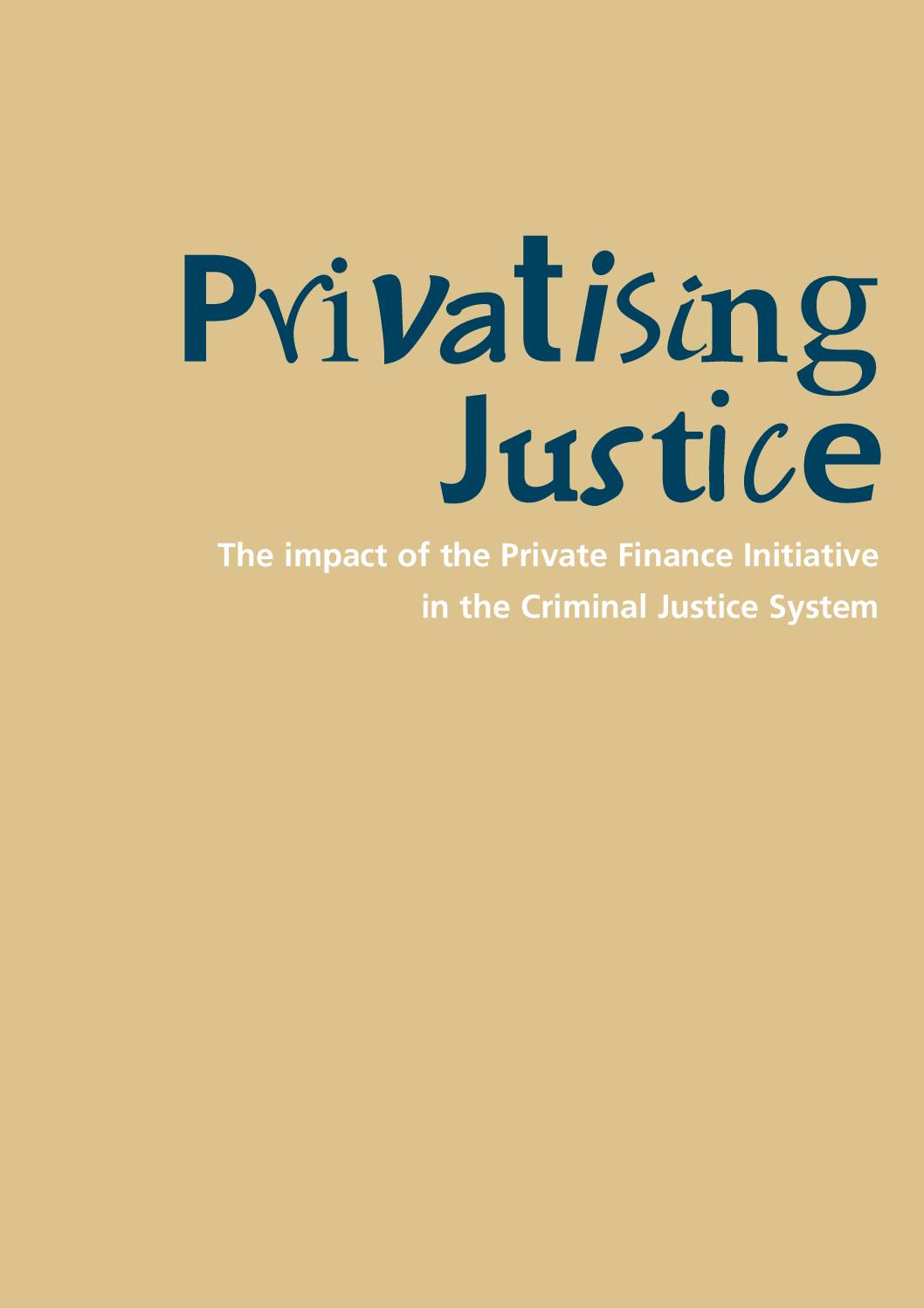A CPS report on the alternatives to a strategic partnership with the private sector helped Northamptonshire UNISON retain in-house services. (16/12/04) Northampton County Council and Milton Keynes Council were planning the largest joint strategic partnership in Britain covering a wide range of council services. The project was a government pathfinder project. Amey and HBS were shortlisted. The project was eventually defeated in Northamptonshire but went ahead in Milton Keynes.
Northamptonshire County Council was proposing to transfer over 2000 jobs to the private sector as part of a strategic business partnership with Hyder, in a deal worth an initial £766m. Both branches commissioned CPS to develop an in-house service improvement strategy and the report was widely distributed in the two authorities. CPS also produced briefing papers analysing the bids, held meetings with UNISON members and presented alternative options to the respective councils and Labour Groups. HBS and the council eventually agreed to terminate their relationship due to an ‘unbridgeable financial gap’, effectively recognising the validity of many of the issues highlighted by CPS.



